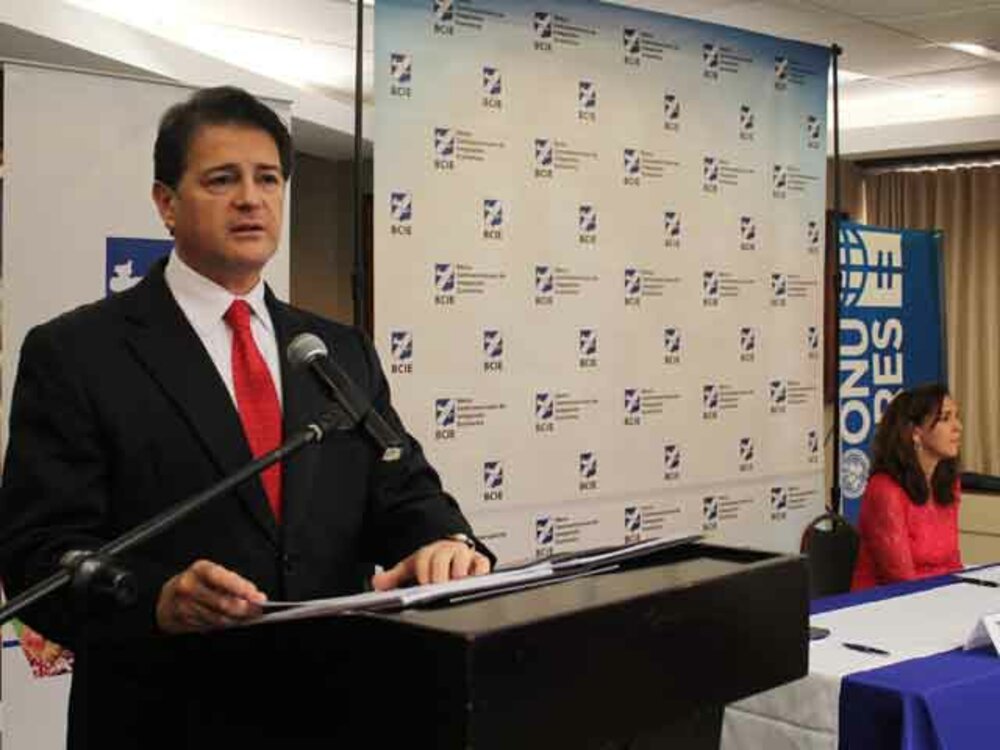CABEI promotes women's equity and economic development

From 2016 to date, the Regional Financing Program for Women Entrepreneurs has benefited 1,094 projects executed by Central American women.
Tegucigalpa, March 8, 2017 (AFP SERVICES/CABEI) The Central American Bank for Economic Integration (CABEI) in the framework of its Institutional Strategy, “Integrating Sustainable Development and Competitiveness,” promotes initiatives involving financial intermediation to empower women and their economic autonomy through its Social Development Axis.
This commitment is established in the CABEI Gender Equity Policy, which seeks to strengthen the work with member countries to promote women’s equality and empowerment through the implementation of a gender perspective in their operational processes.
A noteworthy step for CABEI in support of regional gender equality and diversity was the signing of a Memorandum of Understanding with UN Women, which is the United Nations entity for Gender Equality and Women’s Empowerment.
In that sense, this fact is consistent with the economic empowerment of women and equality between men and women. CABEI has created initiative with a gender equity approach that addresses the particular needs of women with emphasis on the most underprivileged: peasants, ethnic groups, youth and microentrepreneurs, stated Executive Vice President, Attorney Alejandro Rodriguez.
One of the working points included in the CABEI gender policy deals with projects financed by the Bank, including the participation of women and men at the employment level, as well as users and beneficiaries. Tangible examples of this are the financial intermediation programs available to intermediary financial institutions.
Gender-focused Program
The Regional Financing Program for Women Entrepreneurs (FEM) is the first financial product aimed at women entrepreneurs in the framework of the Regional Financing Program for Women Entrepreneurs (PRAEM). FEM is implemented by CABEI with support from the Council of Ministers for Women Affairs in Central America. (COMMCA), the Secretariat for Central American Economic Integration (SIECA), the Center for the Promotion of Micro and Small Enterprises in Central America (CENPROMYPE), UN Women and the Central American and Caribbean Microfinance Network (REDCAMIF).
The initiative is an effective tool for promoting women's empowerment and economic autonomy; it will also contribute to the region’s economic development and integration process with regard to gender, added Attorney Rodriguez.
From June 2016 to date, FEM has financed a total of 1,094 projects carried out by Central American women in small and medium-sized enterprises. In addition, it has directly benefited 1,248 individuals, channeling approximately US$4 million to women-run MSMEs.
FEM resources can be used for working capital, fixed assets and productive housing. Enterprises eligible for the credit program include women or groups of women who wish to start a business or enterprises with more than 50% of women employed.







